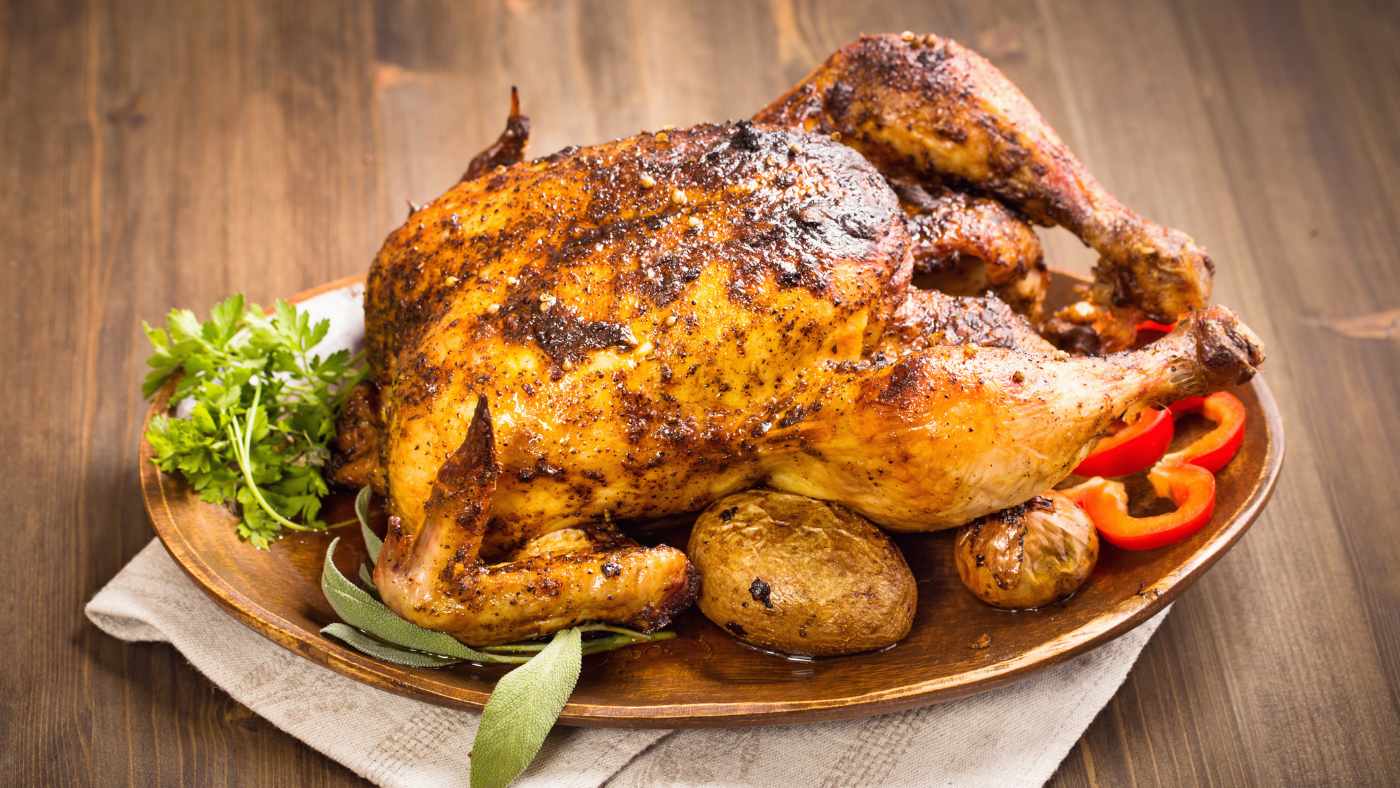10 Ways to Use Sage in the Kitchen

Sage, a herb renowned for its earthy and slightly peppery flavor, is a versatile ingredient that can elevate the taste of various dishes. Here’s a look at ten creative ways to incorporate sage into your kitchen repertoire.
1. Infused Butters and Oils
Enhance the flavor of your butters and oils by infusing them with sage. Sage-infused butter is perfect for basting roasted meats or drizzling over vegetables, while sage-infused oil can add a delightful twist to salad dressings.
2. Sage and Garlic Roast Chicken
Rub a mixture of chopped sage, garlic, salt, and pepper under and over the skin of a chicken before roasting. This imparts a rich flavor to the meat and creates a tantalizing aroma.
3. Herbaceous Bread Stuffing
Chop fresh sage and mix it into your bread stuffing for an aromatic twist. It pairs exceptionally well with onion, celery, and sausage in stuffing for poultry.

4. Flavoring for Soups and Stews
Add whole or chopped sage leaves to soups and stews. It particularly complements creamy or tomato-based soups, as well as heartier meat stews.
5. Sage Pesto
Experiment with a sage-based pesto. Blend sage leaves with pine nuts, garlic, Parmesan cheese, and olive oil for a unique twist on the classic basil pesto.
6. Sage and Pumpkin Pasta
Incorporate sage into your autumn dishes. Toss cooked pasta with roasted pumpkin, sage, and a splash of cream for a comforting and seasonal dish.
7. Crispy Sage Garnish
Fry sage leaves in butter or oil until crispy for an elegant garnish. This not only adds a crunchy texture but also intensifies the sage flavor.

8. Sage in Baked Goods
Add finely chopped sage to savory baked goods like scones, biscuits, or bread for an herbaceous note.
9. Sage-Flavored Meatballs or Meatloaf
Mix chopped sage into ground meat when preparing meatballs or meatloaf. It pairs well with pork, beef, and poultry, adding a warm, aromatic flavor.
10. Sage Tea
For a soothing drink, steep fresh or dried sage leaves in hot water to make sage tea. It’s known for its calming properties and can be a delightful herbal alternative.
Sage, with its robust flavor profile, is a wonderful herb to experiment with in the kitchen. Its versatility allows it to be used in a variety of dishes, adding a depth of flavor that can transform a simple meal into something truly special.
Whether you’re roasting, baking, or stewing, incorporating sage can infuse your dishes with a delightful and aromatic essence.
Wrapping Up
Sage is not just a herb; it's a versatile kitchen companion that can transform ordinary dishes into culinary masterpieces. Its unique flavor profile, ranging from earthy to slightly peppery, makes it suitable for a wide array of recipes - from hearty meats to delicate teas.
Whether you're looking to enhance the taste of your favorite dish or trying something new, sage provides an array of options to experiment with. So the next time you're in the kitchen, remember this aromatic herb and the wonderful depth it can add to your cooking.
Sage, indeed, is a small herb with big potential in the culinary world.
